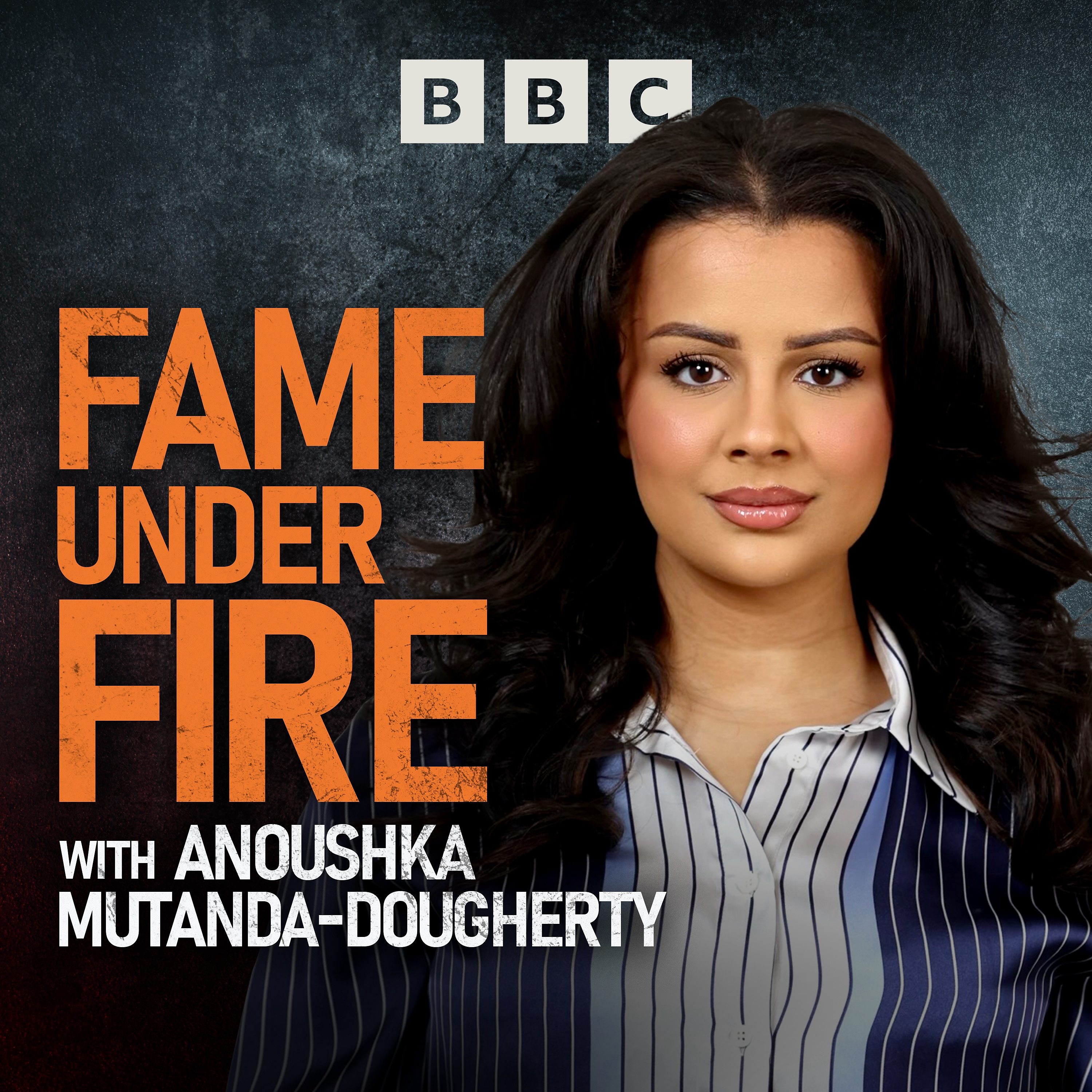
Description
The shocking allegations and conspiracies surrounding hip hop mogul Sean 'Diddy' Combs.
Audio
Featured in this Episode
No persons identified in this episode.
Transcription
No transcription available yet
Help us prioritize this episode for transcription by upvoting it.
0
upvotes
Popular episodes get transcribed faster